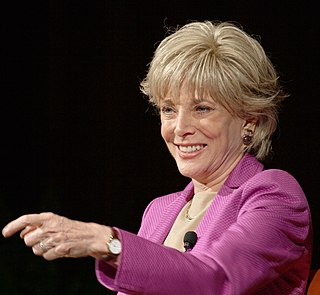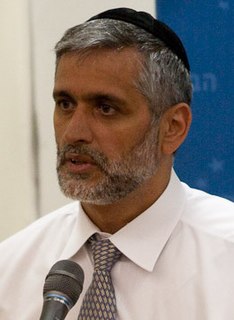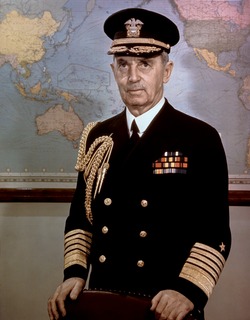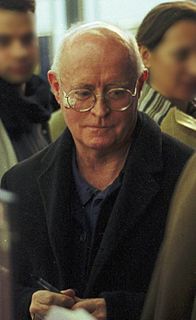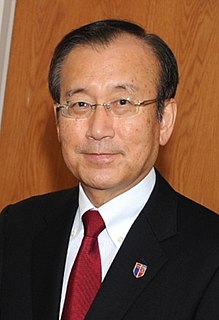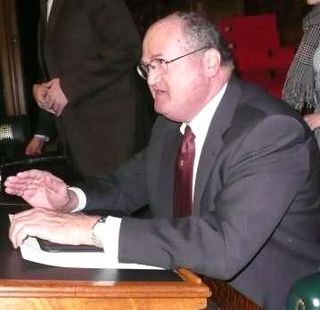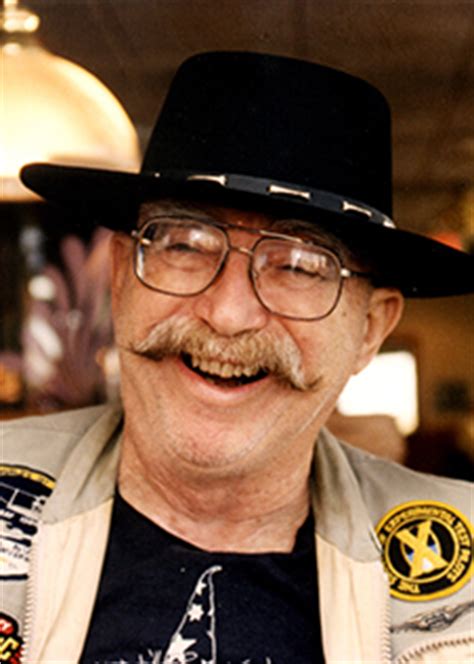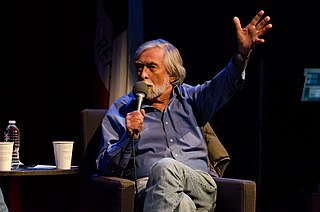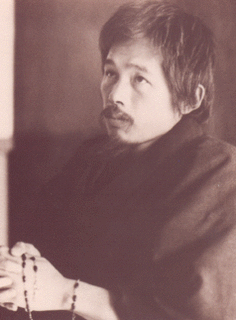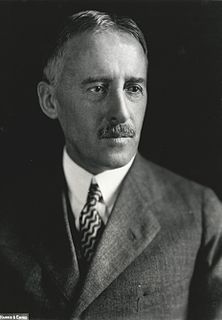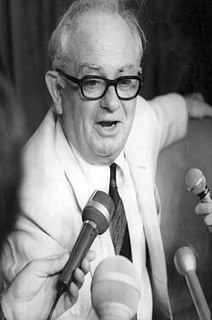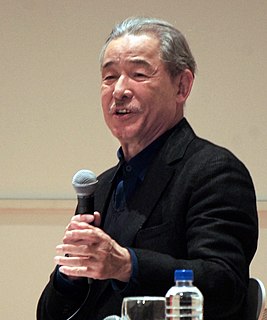Top 141 Hiroshima And Nagasaki Quotes & Sayings
Explore popular Hiroshima And Nagasaki quotes.
Last updated on April 14, 2025.
Toward the end of the Cold War, capitalism created a military horror: the neutron bomb, a weapon that destroys life while leaving buildings intact. During the Fourth World War, however, a new wonder has been discovered: the financial bomb. Unlike those dropped on Hiroshima and Nagasaki, this new bomb not only destroys the polis (here, the nation), imposing death, terror, and misery on those who live there, but also transforms its target into just another piece in the puzzle of economic globalization.
It is people who are violent, rather than "religions"; and since we secularised our politics we have had two major world wars, the Holocaust, the Soviet Gulag, and the atomic attacks on Hiroshima and Nagasaki - none of which were inspired by religion. If we want to understand the dangers of our world, we can no longer accept the old received ideas.
It's all a play. Hiroshima and Nagasaki happen, there are hundreds of thousands of dead, and the curtain comes down, and that's the end of that. Then Korea happens. Vietnam happens, all that happened in Latin America happens. And every now and then, this curtain comes down and history begins anew. New moralities and new indignations are manufactured...in a disappeared history.
I was profoundly moved to be the first United Nations Secretary-General to attend the Peace Memorial Ceremony in Hiroshima. I also visited Nagasaki. Sadly, we know the terrible humanitarian consequences from the use of even one weapon. As long as such weapons exist, so, too, will the risks of use and proliferation.
I did not know much history when I became a bombardier in the U.S. Air Force in World War II. Only after the War did I see that we, like the Nazis, had committed atrocities... Hiroshima, Nagasaki, Dresden, my own bombing missions. And when I studied history after the War, I learned from reading on my own, not from my university classes, about the history of U.S. expansion and imperialism.
The use of [the atomic bombs] at Hiroshima and Nagasaki was of no material assistance in our war against Japan. The Japanese were already defeated and ready to surrender because of the effective sea blockade and the successful bombing with conventional weapons... The lethal possibilities of atomic warfare in the future are frightening. My own feeling was that in being the first to use it, we had adopted an ethical standard common to the barbarians of the Dark Ages. I was not taught to make war in that fashion, and wars cannot be won by destroying women and children.
We cannot and must not allow ourselves to have the message of Hiroshima and Nagasaki fade completely from our minds, and we cannot allow our vision or ideals to fade, either. For if we do, we have but one course left for us. And that flash of light will not only rob us of our vision, but it will rob us of our lives, our progeny, and our very existence.
It is my opinion that the use of this barbarous weapon at Hiroshima and Nagasaki was of no material assistance in our war against Japan. The Japanese were already defeated and ready to surrender... In being the first to use it, we had adopted an ethical standard common to the barbarians of the Dark Ages.
Men and women of the world, never again plan war! With this atomic bomb, war can only mean suicide for the human race. From this atomic waste the people of Nagasaki confront the world and cry out: No more war! Let us follow the commandment of love and work together. The people of Nagasaki prostrate themselves before God and pray: Grant that Nagasaki may be the last atomic wilderness in the history of the world.
With the persistence of tensions and conflicts in various parts of the world, the international community must never forget what happened at Hiroshima and Nagasaki, as a warning and in incentive to develop truly effective and peaceful means of settling tensions and disputes. Fifty years after the Second World War, the leaders of nations cannot become complacent but rather should renew their commitment to disarmament and to the banishment of all nuclear weapons.
...to live differently, to love differently, to think differently, or to try to. Is the danger of beauty so great that it is better to live without it (the standard model)? Or to fall into her arms fire to fire? There is no discovery without risk and what you risk reveals what you value. Inside the horror of Nagasaki and Hiroshima lies the beauty of Einstein's E=MC squared
I was born in the middle of the Second World War when the United States dropped their atomic bombs in Hiroshima and Nagasaki, when millions of people were dying in concentration camps, when half the planet were colonies that belonged to empires. The word feminism didn't exist. And in my lifetime I have seen all these things improved, changed. We are more connected, more informed. We can fight against stuff together in ways we couldn't before.








